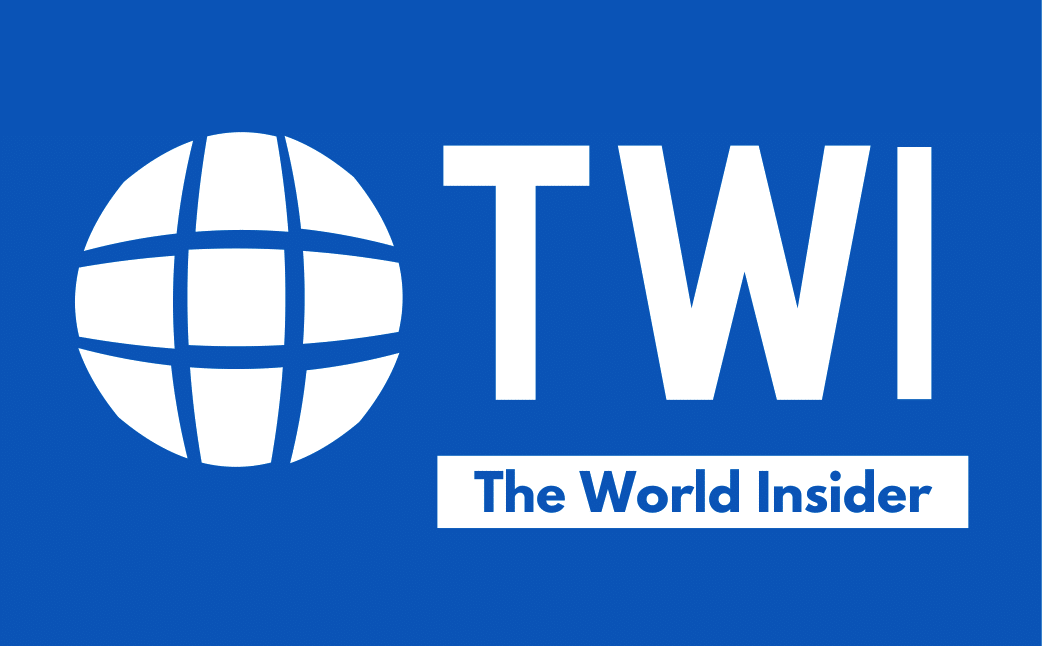Mongolia’s prime minister made his first official visit to the United States in five years, seeking closer collaboration with the United States on diverse sectors. The U.S. and Mongolian officials had constructive talks in Washington and agreed to expand their strategic partnership.
The landlocked country has a population of 3.4 million – smaller than Brooklyn. Mongolia’s economy is mainly based on the mining sector with great potential in copper.
On August 2, U.S. Vice President Kamala Harris welcomed Mongolian Prime Minister Oyun-Erdene Luvsannamsrai to Washington, D.C., to celebrate the strategic Third Neighbor partnership between the United States and Mongolia.
“Mongolia has been a reliable democracy and friend in the Indo-Pacific for more than three decades, and the partnership between our countries has helped to ensure stability and prosperity in the region” Harris said.
They discussed opportunities for cooperation in the mineral resources sector, clean energy, food security, the digital economy and high-tech solutions, including space and AI. The two sides also discussed geopolitical issues.
Mongolia has been a reliable friend and democracy in the Indo-Pacific for three decades.
— Vice President Kamala Harris (@VP) August 2, 2023
And today, I welcomed Prime Minister Oyun-Erdene to the White House to further our work to promote a free and open region, which benefits American security and prosperity. pic.twitter.com/GloViN4Aau
“The United States is not only our strategic third neighbor, but also the guiding North Star on our democratic journey” Prime Minister Luvsannamsrain Oyun-Erdene said following a meeting with Vice President Kamala Harris.
They explored innovative ways of ensuring Mongolia’s access to critical minerals in the world market. The landlocked country currently relies on China and Russia for trade. The Mongolian prime minister expressed his country’s commitment to cooperate with the United States in mining rare earths and other essential minerals used in high-tech applications.
‘Open Skies’ deal signed to facilitate direct flights between U.S. and Mongolia in 2024
On Friday, the Mongolian prime minister met with U.S. Secretary of State Antony Blinken and signed an “Open Skies” civil aviation agreement and Economic Cooperation Roadmap to further enhance economic collaboration. Mongolian Foreign Minister Battsetseg Batmunkh and Mongolian Road and Transport Development Minister Byambatsogt Sandag also attended the signing ceremony.
As part of this agreement, Mongolia’s national carrier, MIAT Mongolian Airlines, is expected to commence direct flights to an unspecified U.S. airport by next year.
Open Skies Agreement “will facilitate even more people-to-people exchanges, having more visitors, having more tourists, more students, more business leaders go back and forth” and the economic roadmap agreement will “strengthen even more our trade and investment relationship, including on the clean energy transition, including on things like critical minerals,” Secretary Blinken said.
Today I reiterated to @VP Harris Mongolia’s steadfast commitment to shared values of global security, democracy, human rights, freedom and prosperity. The #StrategicThirdNeighbourPartnership agreement with the US will mark a new chapter in our strategic relationship. pic.twitter.com/q8gl8FYQZf
— Л.Оюун-Эрдэнэ (@OyunerdeneMN) August 3, 2023
U.S and Mongolia discuss Military ties
The Secretary of Defense Lloyd Austin also hosted Mongolian Prime Minister Luvsannamsrain Oyun-Erdene at the Pentagon to discuss issues of mutual concern and to reaffirm the strength of the U.S.-Mongolian bilateral relationship. “Today’s historic meeting underscores our deepening, our defense cooperation,” he said, adding that the countries “share a common vision for the Indo-Pacific region, and a fundamental desire for peace and stability.”
The two leaders also discussed ways to enhance U.S.-Mongolian defense cooperation and a range of other regional challenges. This was the first time that a Mongolian prime minister visited the Pentagon.
Secretary Austin also conveyed his gratitude to Prime Minister Oyun-Erdene for the decades of partnership between DoD and the Mongolian Armed Forces, mentioning Mongolia’s contributions to U.S. stabilization missions in Iraq and Afghanistan. Secretary Austin commended Mongolia on its impressive record of performance in United Nations peacekeeping operations worldwide.
Today I met with Mongolian Prime Minister Luvsannamsrain Oyun-Erdene. We reaffirmed the strength of the U.S.-Mongolian bilateral relationship and explored ways to enhance defense cooperation.
— Secretary of Defense Lloyd J. Austin III (@SecDef) August 3, 2023
Readout: https://t.co/O938ejM3xe pic.twitter.com/5KRwpYUinu
Cooperation on Minerals
The United States and Mongolia are also strengthening new partnerships in the areas of minerals and energy. The two sides discussed the implementation of a memorandum of understanding, which was signed in June 2023 between the U.S. State Department and Mongolia’s Ministry of Mining.
Under the agreement, Mongolia and the United States would work together on technical areas to support the development of Mongolia’s mining sector. The minerals in focus are rare earths and copper, which are crucial for high-tech applications, including defense equipment and electric vehicles.
The United States aims to diversify its sources of critical minerals beyond its major global competitor, China, which dominated over 70% of the world’s rare earth production last year.
As Mongolia’s strategic partner, we share mutual interest in strengthening our economies and making them more resilient. Critical minerals play an increasingly important role in our economies.
— Under Secretary Jose W. Fernandez (@State_E) June 27, 2023
🇺🇸🤝🇲🇳 https://t.co/mLhtxRFAFi pic.twitter.com/4XCKYmxRjJ




